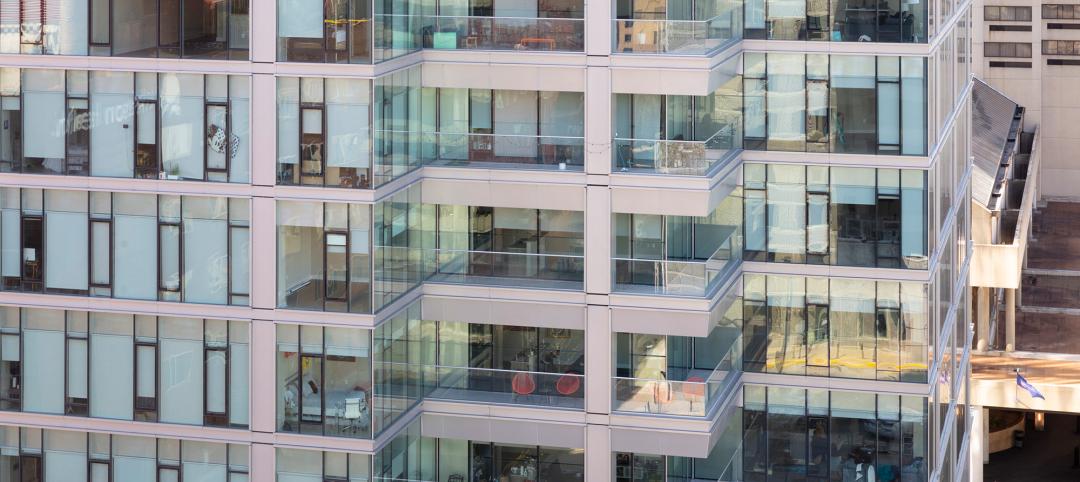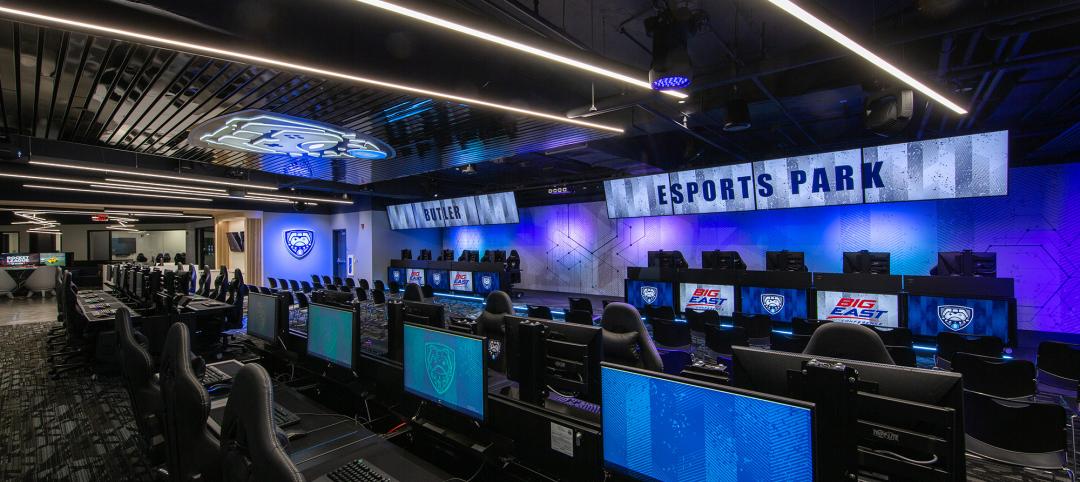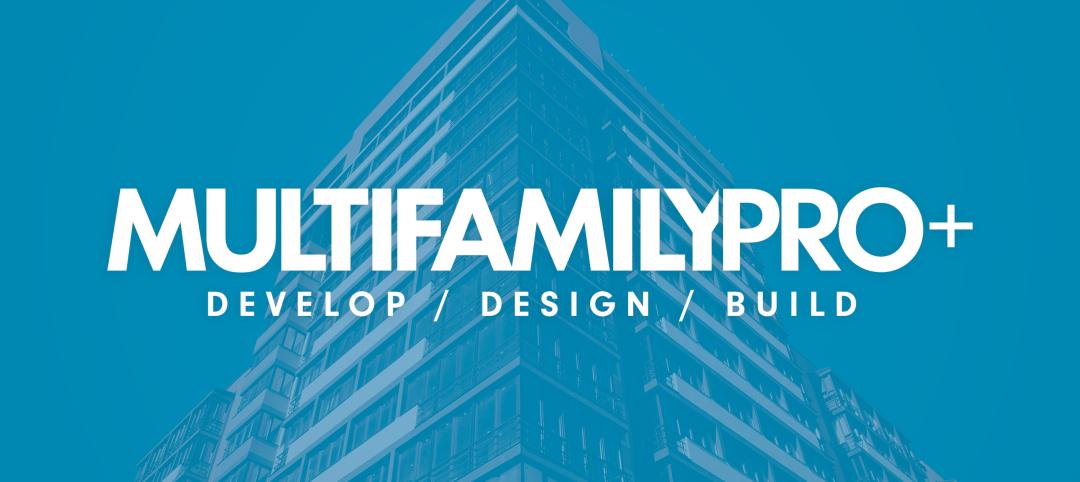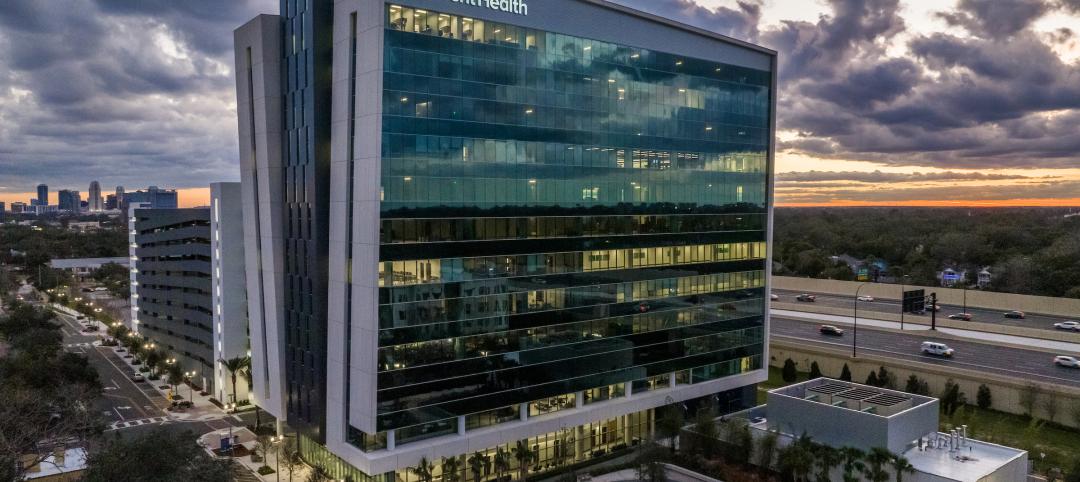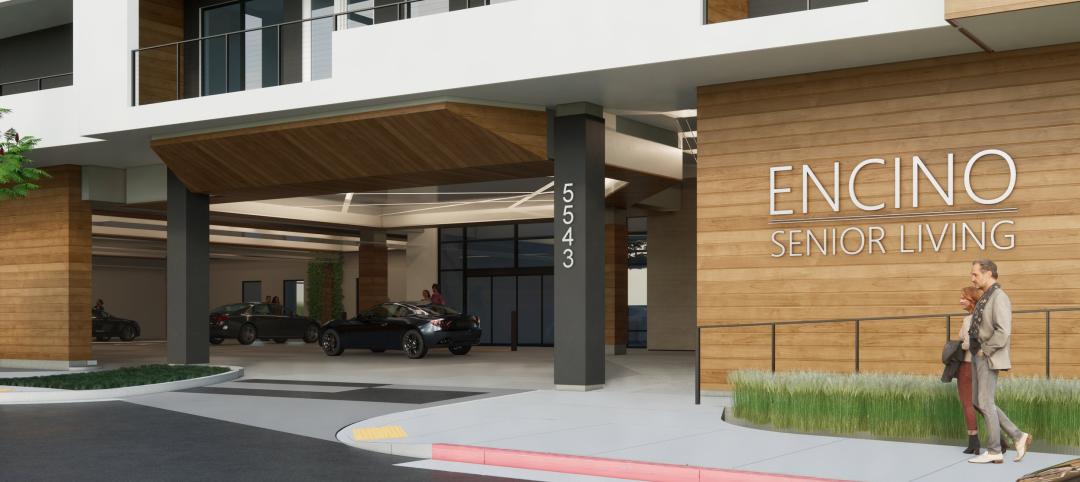Note: This article originally appeared in BD+C's April 2013 AIA/CES course, "Advanced Controls and Exterior Tactics for Better Illumination." This free class is available on BD+C University.
“We don’t specify LEDs,” says Avraham Mor of Lightswitch Architectural. “We specify solid-state luminaires and lamps (SSL) that use LEDs.”
Mor’s correction of this common misuse of the term “LED” is significant, because a problem associated with SSL is often just a problem with a specific LED product. “SSL is the only source to use when trying to meet energy reduction goals while maintaining the look and feel we typically work toward,” he says. “We have had great success, but it takes a great designer and client to manage the entire process.”
In fact, many complaints about LEDs are often attributable to the SSL, and vice versa, leading to complaints about a technology that sometimes fails to meet expectations. But SSL, as Mor says, is really the future of energy reduction; with careful design and specification, it is also the present.
PNNL’s Naomi Miller points to the myriad benefits of LED technology: “Higher lumens-per-watt than fluorescent, good lumen maintenance over time (in some cases better than fluorescent), long life compared to CFL or metal halide, and excellent color compared to almost any conventional light source.” She adds that the small form factors mean LEDs are richly accommodating, allowing designers enormous creative flexibility with space, configuration, and color.
Lumen Architecture’s Nelson Jenkins says blanket substitutions aren’t necessarily a good strategy, however: “Not all LED products match the quality of the other sources we specify.” In addition, price is still an issue. “We find that while the cost of LEDs has come down, they tend to be more expensive than, for instance, a halogen version. But the up-front cost for LEDs can often be offset by the energy savings and reduced maintenance.” Jenkins suggests explaining to clients that SSL will require re-lamping less often—an especially strong selling point in vaulted spaces or exterior applications.
Ultimately, the SSL category is a work-in-progress, not a panacea. “LED is certainly very popular, and many designs would not be possible without it,” The Lighting Practice’s Stephen Hoppe says, referring to exterior applications. “But ceramic metal halide also provides great color rendition and warmth and can often be as efficient as LED.”
James Benya of the California Lighting Technology Center, UC-Davis, has concerns about how codes and standards may be affecting the market for products and systems, particularly LEDs. He hopes to see energy codes and sustainable building standards that do not promote particular technologies.
“The current trend shows a rush to use LEDs,” warns Howard Brandston, founder of Brandston Partnership. “One must determine if LED is the right choice after sifting through the qualities of all the alternate products. There is no change in the design process,” he concludes, “just an additional product to select from.”
Related Stories
Office Buildings | Oct 16, 2023
The impact of office-to-residential conversion on downtown areas
Gensler's Duanne Render looks at the incentives that could bring more office-to-residential conversions to life.
Giants 400 | Oct 11, 2023
Top 100 Industrial Sector Architecture Firms for 2023
Ware Malcomb, Arcadis, Stantec, and Gresham Smith top the ranking of the nation's largest industrial facility sector architecture and architecture/engineering (AE) firms for 2023, as reported in Building Design+Construction's 2023 Giants 400 Report.
Products and Materials | Oct 10, 2023
‘Works with WELL’ product licensing program launched by International WELL Building Institute
The International WELL Building Institute (IWBI) recently launched the Works with WELL product licensing program. Works with Well certification allows manufacturers to demonstrate that their products align with WELL strategies.
Mass Timber | Oct 10, 2023
New York City launches Mass Timber Studio to spur more wood construction
New York City Economic Development Corporation (NYCEDC) recently launched New York City Mass Timber Studio, “a technical assistance program to support active mass timber development projects in the early phases of project planning and design.”
Government Buildings | Oct 10, 2023
GSA names Elliot Doomes Public Buildings Service Commissioner
The U.S. General Services Administration (GSA) announced that the agency’s Public Buildings Service Commissioner Nina Albert will depart on Oct. 13 and that Elliot Doomes will succeed her.
Esports Arenas | Oct 10, 2023
Modular esports arena attracts more than gamers
As the esports market continues to grow to unprecedented numbers, more facilities are being developed by universities and real estate firms each year.
Higher Education | Oct 10, 2023
Tracking the carbon footprint of higher education campuses in the era of online learning
With more effective use of their facilities, streamlining of administration, and thoughtful adoption of high-quality online learning, colleges and universities can raise enrollment by at least 30%, reducing their carbon footprint per student by 11% and lowering their cost per student by 15% with the same level of instruction and better student support.
MFPRO+ News | Oct 6, 2023
Announcing MultifamilyPro+
BD+C has served the multifamily design and construction sector for more than 60 years, and now we're introducing a central hub within BDCnetwork.com for all things multifamily.
Giants 400 | Oct 5, 2023
Top 175 Healthcare Architecture Firms for 2023
HDR, HKS, CannonDesign, Stantec, and SmithGroup top BD+C's ranking of the nation's largest healthcare sector architecture and architecture/engineering (AE) firms for 2023, as reported in Building Design+Construction's 2023 Giants 400 Report. Note: This ranking includes revenue related to all healthcare buildings work, including hospitals, medical office buildings, and outpatient facilities.
Biophilic Design | Oct 4, 2023
Transforming the entry experience with biophilic design
Vessel Architecture & Design's Cassandra Wallace, AIA, NCARB, explores how incorporating biophilic design elements and dynamic lighting can transform a seemingly cavernous entry space into a warm and inviting focal point.



